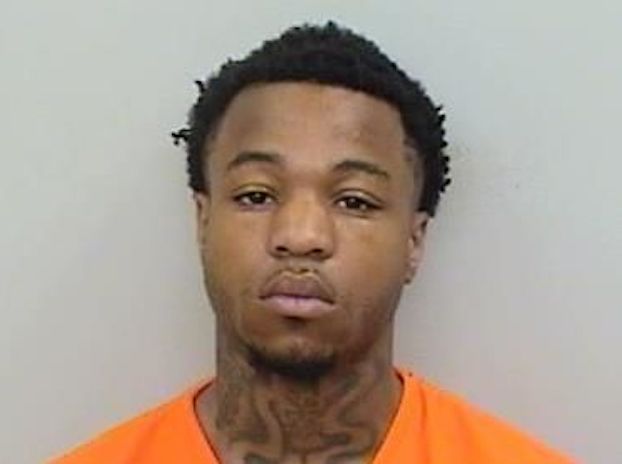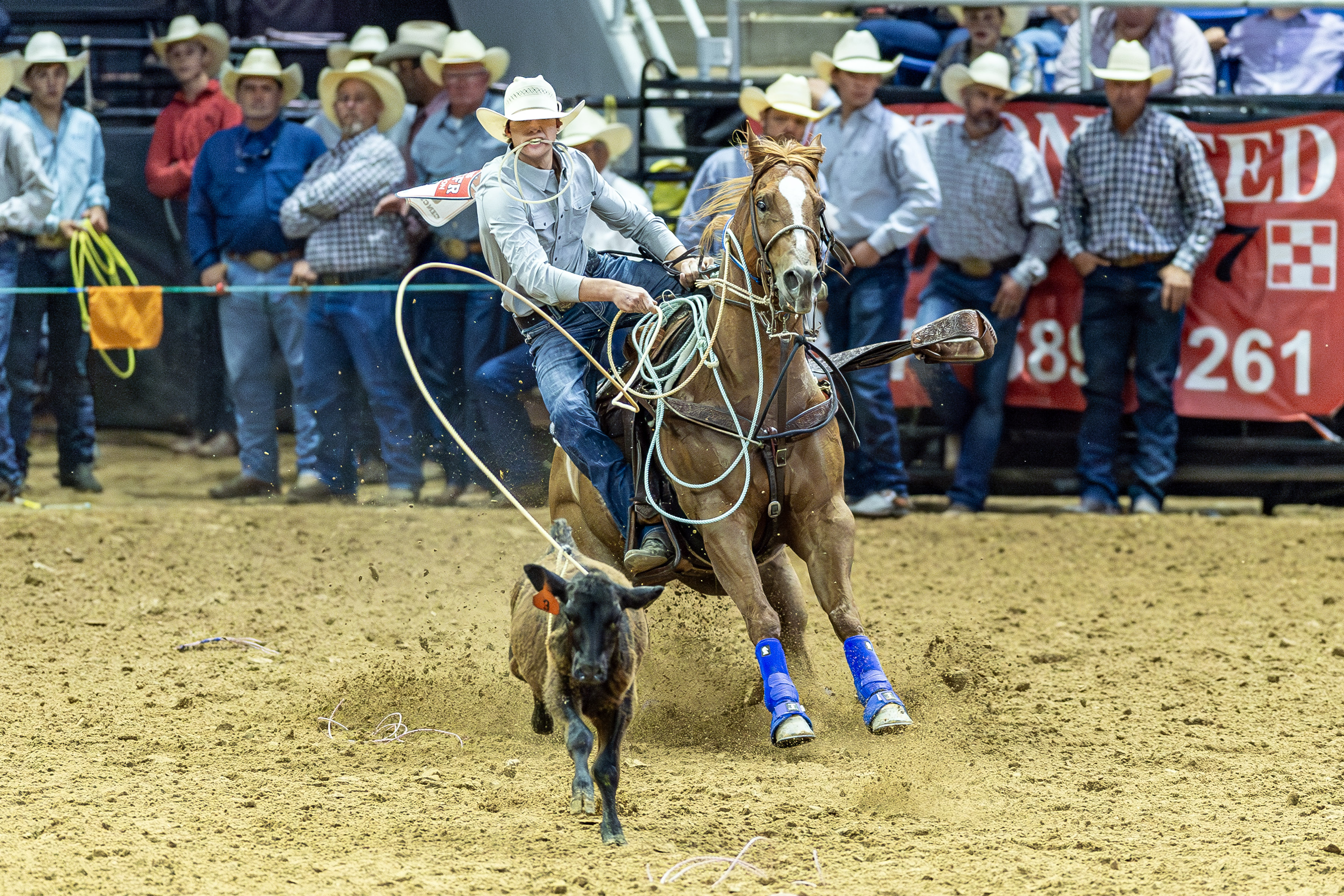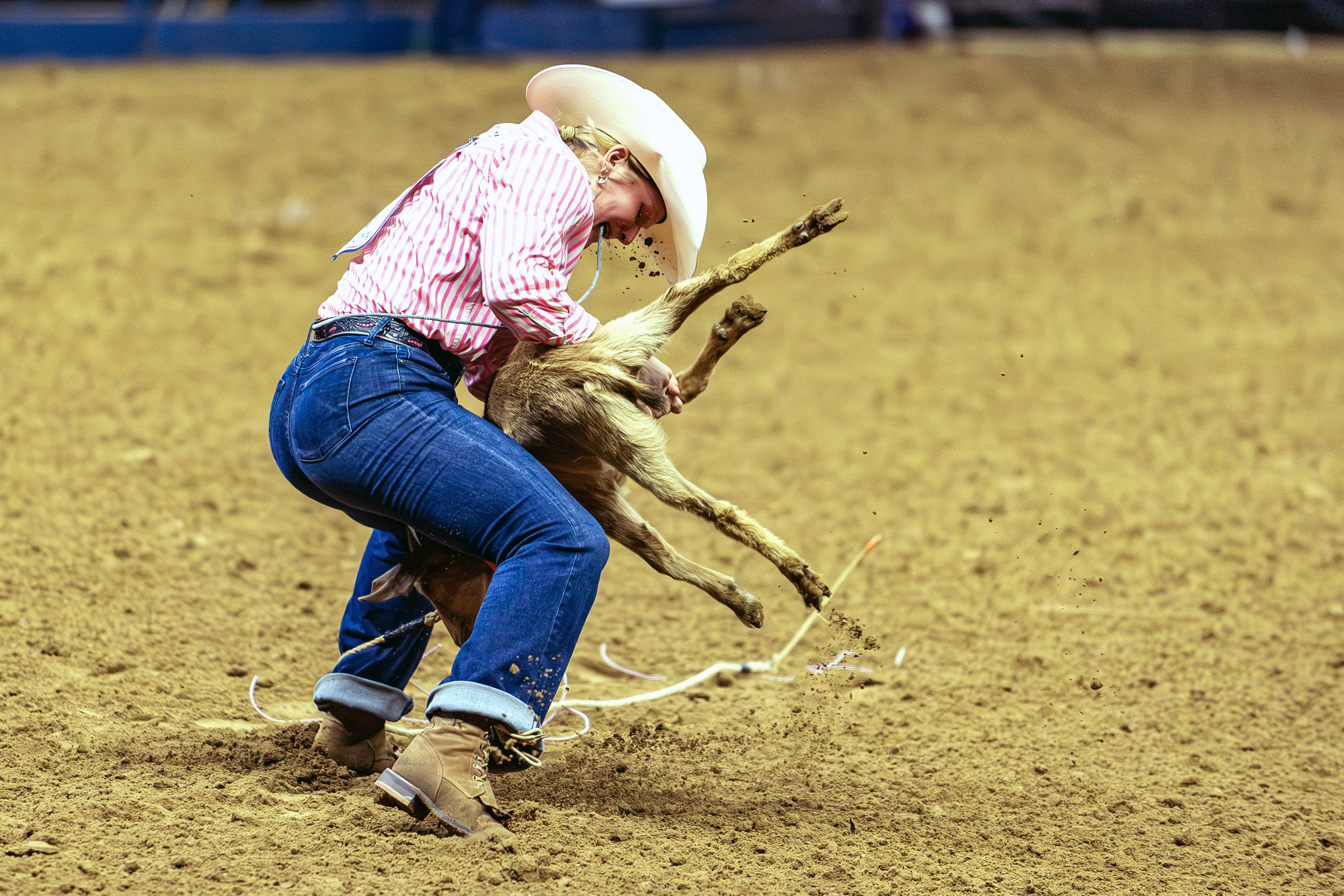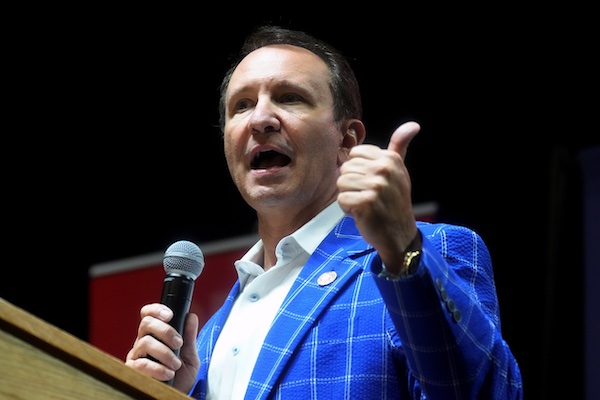Closing arguments end in Trump trial
Published 7:16 pm Tuesday, May 28, 2024
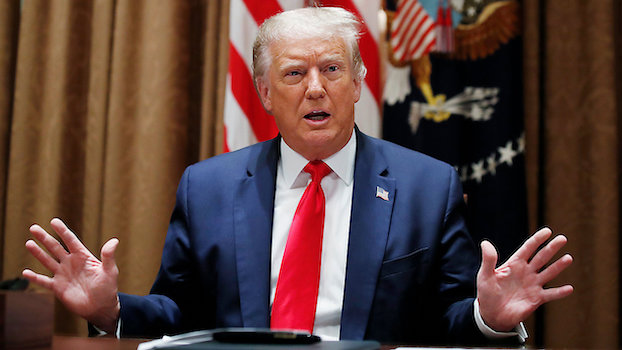
- President Donald Trump. (Associated Press Archives)
Donald Trump engaged in a conspiracy “to hoodwink voters” in 2016, a prosecutor told jurors Tuesday during closing arguments in the former president’s hush money trial, while a defense lawyer branded the star witness as the “greatest liar of all time” and pressed the panel for an across–the–board acquittal.
The lawyers’ dueling accounts, wildly divergent in their assessments of witness credibility, Trump’s culpability and the strength of evidence, offered both sides one final chance to score points with the jury before it starts deliberating the first felony case against a former American president.
The landmark case, the only one of four criminal prosecutions against Trump to reach trial, centered on allegations that Trump and his allies conspired to stifle potentially embarrassing stories during the 2016 presidential campaign through hush money payments — including to a porn actor who alleged that she and Trump had sex a decade earlier.
“This case, at its core, is about a conspiracy and a cover–up,” prosecutor Joshua Steinglass told jurors, who are expected to begin deliberations Wednesday. He later added: “We’ll never know if this effort to hoodwink voters made the difference in the 2016 election, but that’s not something we have to prove.”
Trump lawyer Todd Blanche told jurors that neither the actor, Stormy Daniels, nor the Trump attorney who paid her, Michael Cohen, can be trusted.
“President Trump is innocent. He did not commit any crimes, and the district attorney has not met their burden of proof, period,” Blanche said.
Following more than four weeks of testimony, the summations tee up a momentous and historically unprecedented task for the jury as it decides whether to convict the presumptive Republican presidential nominee ahead of the November election. The political undertones of the proceedings were unmistakable as President Joe Biden’s campaign staged an event outside the courthouse with actor Robert De Niro while Blanche reminded jurors the case was not a referendum on their views about Trump.
In a marathon five–hour argument that stretched deep into the evening, Steinglass stressed to jurors the trove of evidence they had viewed but also sought to defray potential concerns about witness credibility. Trump and his legal team, for instance, have repeatedly denounced Cohen as a liar.
The prosecutor acknowledged that Daniels’ account about the alleged 2006 encounter in a Lake Tahoe hotel suite, which Trump has denied, was at times “cringeworthy.” But he said the details she offered — including about decor and what she said she saw when she snooped in Trump’s toiletry kit — were full of touchstones “that kind of ring true.”
He said the story matters because it “reinforces (Trump’s) incentive to buy her silence.”
“Her story is messy. It makes people uncomfortable to hear. It probably makes some of you uncomfortable to hear. But that’s kind of the point,” Steinglass said. He added: “In the simplest terms, Stormy Daniels is the motive.”
The payoff unfolded against the backdrop of the disclosure of a 2005 “Access Hollywood”recording in which Trump could be heard bragging about grabbing women sexually without their permission. Had the Daniels story emerged after that recording, it would have undermined his strategy of spinning away his words, Steinglass said.
“It’s critical to appreciate this,” Steinglass said. At the same time he was dismissing his words on the tape as “locker room talk,” Trump “was negotiating to muzzle a porn star,” the prosecutor said.
Blanche, who spoke first, sought to downplay the fallout by saying the “Access Hollywood” tape was not a “doomsday event.”
Steinglass also maintained that the prosecution’s case did not rest solely on Michael Cohen, Trump’s former lawyer and personal fixer who paid Daniels $130,000 to keep quiet. Cohen later pleaded guilty to federal charges for his role in the hush money payments, as well as to lying to Congress. He went to prison and was disbarred, but his direct involvement in the transactions made him a key trial witness.
“It’s not about whether you like Michael Cohen. It’s not about whether you want to go into business with Michael Cohen,” Steinglass said. “It’s whether he has useful, reliable information to give you about what went down in this case, and the truth is that he was in the best position to know.”
Trump faces 34 felony counts of falsifying business records, charges punishable by up to four years in prison. He has pleaded not guilty and denied wrongdoing.


